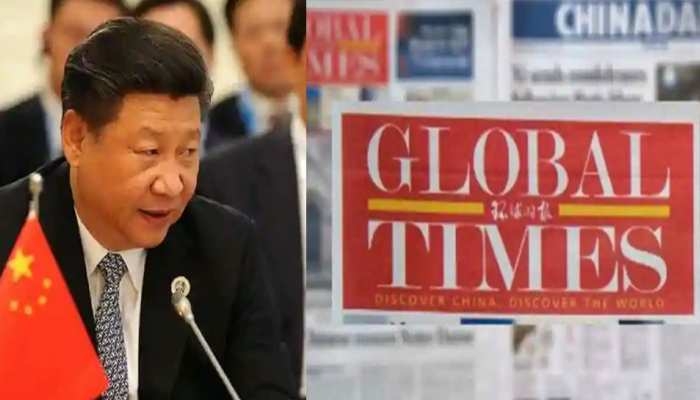Already a subscriber? Make sure to log into your account before viewing this content. You can access your account by hitting the “login” button on the top right corner. Still unable to see the content after signing in? Make sure your card on file is up-to-date.
Chinese state-controlled media has praised President Donald Trump’s decision to cut funding for the US Agency for Global Media, which oversees broadcasters like Voice of America and Radio Free Asia.
Some shit you should know before you read: If you’re unaware, last weekend, the United States government cut funding to the US Agency for Global Media (USAGM), the parent organization of Voice of America (VOA) and Radio Free Asia (RFA), as part of an executive order signed by former President Donald Trump. USAGM, established during World War II to counter Nazi propaganda and later used to promote “independent” journalism in authoritarian regions, has long been a key player in broadcasting news to countries with restricted press freedom, including China and Russia. The White House justified the cuts by calling USAGM an “unnecessary” part of the federal bureaucracy and stating that taxpayer money should not fund what it described as “radical propaganda.” As a result of the order, around 1,300 VOA employees were placed on administrative leave, and RFA was informed that its federal grant had been terminated, jeopardizing its operations.

What’s going on now: In a piece written by the Global Times, a Chinese state-controlled newspaper, the outlet celebrated the US government’s decision to defund Voice of America (VOA) and Radio Free Asia (RFA), calling the move a necessary step against what it described as ending Western propaganda. “The so-called beacon of freedom, VOA, has now been discarded by its own government like a dirty rag,” the editorial stated, further accusing the broadcaster of being “a frontline propaganda tool in the ideological confrontation of the Cold War.”
The Global Times also attacked VOA’s coverage of China, stating, “When it comes to China-related reporting, VOA has an appalling track record,” and suggested that as more Americans break free from “their information cocoons,” they will come to see China in a more favorable light. Hu Xijin, the former editor-in-chief of the Global Times, echoed this sentiment, saying, “Voice of America has been paralyzed! And so has Radio Free Asia, which has been just as vicious to China. This is such great news.”

Former Cambodian Prime Minister Hun Sen also praised the cuts, calling them a “major contribution to eliminating fake news, disinformation, lies, distortions, incitement, and chaos around the world.” In a social media post, he applauded Trump’s leadership in what he described as a battle against misleading narratives, writing, “We should highly appreciate President Donald Trump for his courage to lead the world in combatting fake news, starting with news outlets funded by the US government.”
Hun Sen has long been criticized for silencing independent media in Cambodia, particularly targeting RFA, which has reported on his government’s alleged human rights abuses and ties to China. Over the years, he has accused RFA of spreading “baseless and unethical reports,” including claims that Cambodia granted China the right to build a naval base in Sihanoukville.






